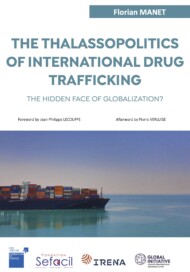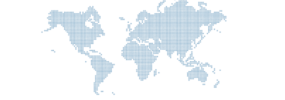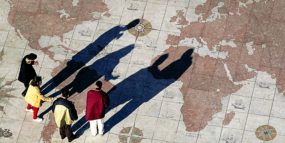Posted on 23 Apr 2025
What if drug traffickers had already taken control of Europe’s major seaports?
This alarming prospect is not just the stuff of crime fiction. The 116 tonnes of cocaine seized in 2023 at the Belgian port of Antwerp serve as a stark reminder of the growing scale of the illicit drug trade. The expansion of cultivation areas, improvements in yields and processing techniques for coca leaves and poppy bulbs, and the rise in global demand illustrate the increasing scale of drug organizations. Chartered fleets of sailboats and commercial vessels, narcosubmarines, container contamination, cyberattacks on port infrastructure, dropoffs from cargo giants… the determination of this criminal thalassocracy knows no bounds.
In this well-documented and accessible analysis, international maritime risk expert Florian Manet examines the increasing maritimization of drug trafficking, a trade that, at some point in its journey to consumer markets, always passes through the sea. Drawing on numerous concrete examples, he updates our understanding of the maritime and port logistics architecture that underpins globalized economies, which depend on the sea now more than ever. Drawing on his extensive operational experience, he also explores the challenges facing world trade in an era of growing geopolitical instability. This essay seeks to answer a central question: how can the need for security in global trade be reconciled with the fundamental principle of free movement for people, goods and data?
Florian Manet invites us to engage in a forward-looking, “thalassocentric” reflection on the challenges of an interconnected world, linked by maritime spaces. He develops an original approach that combines geopolitics, criminology, law, and maritime and port logistics.




